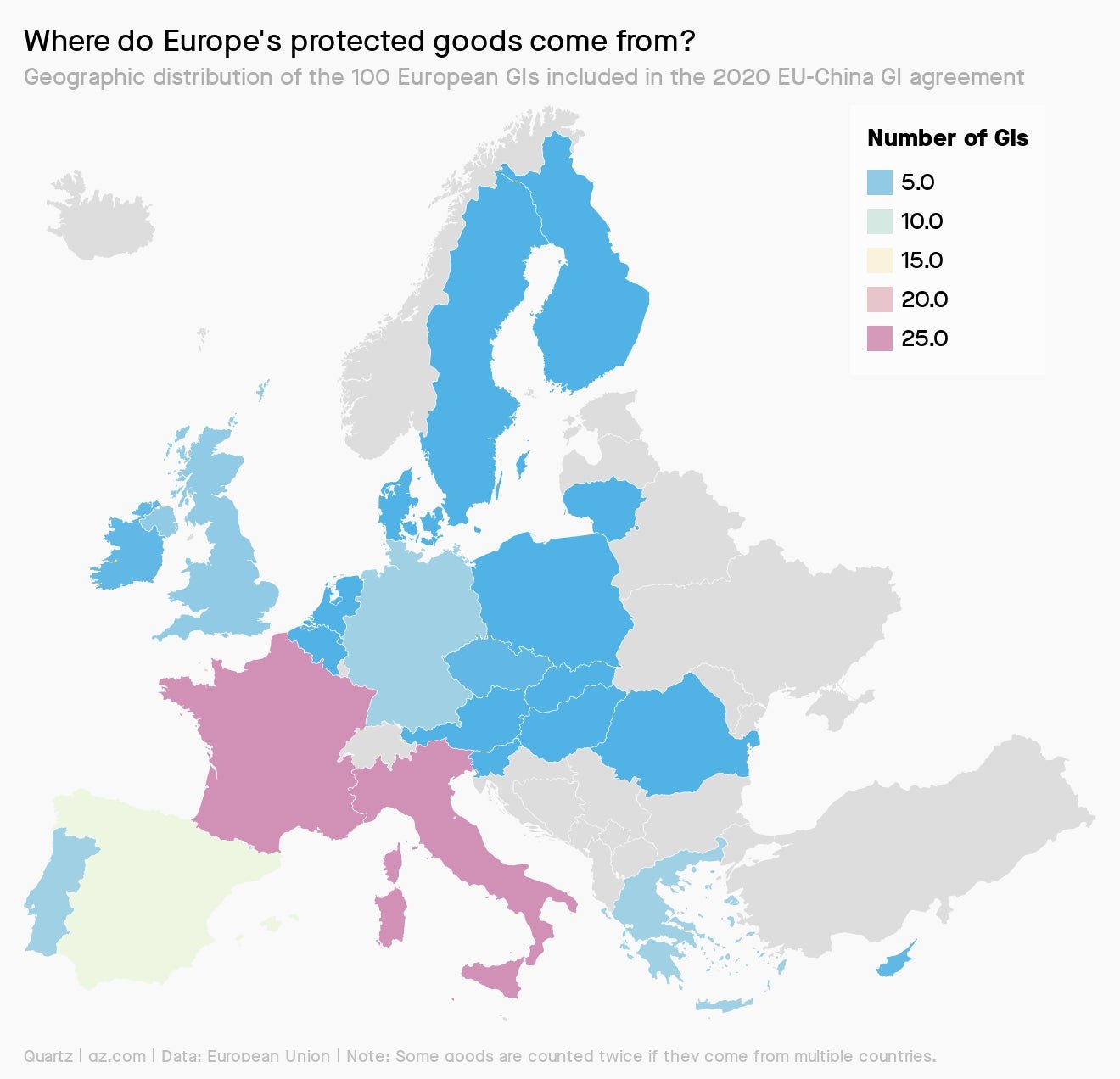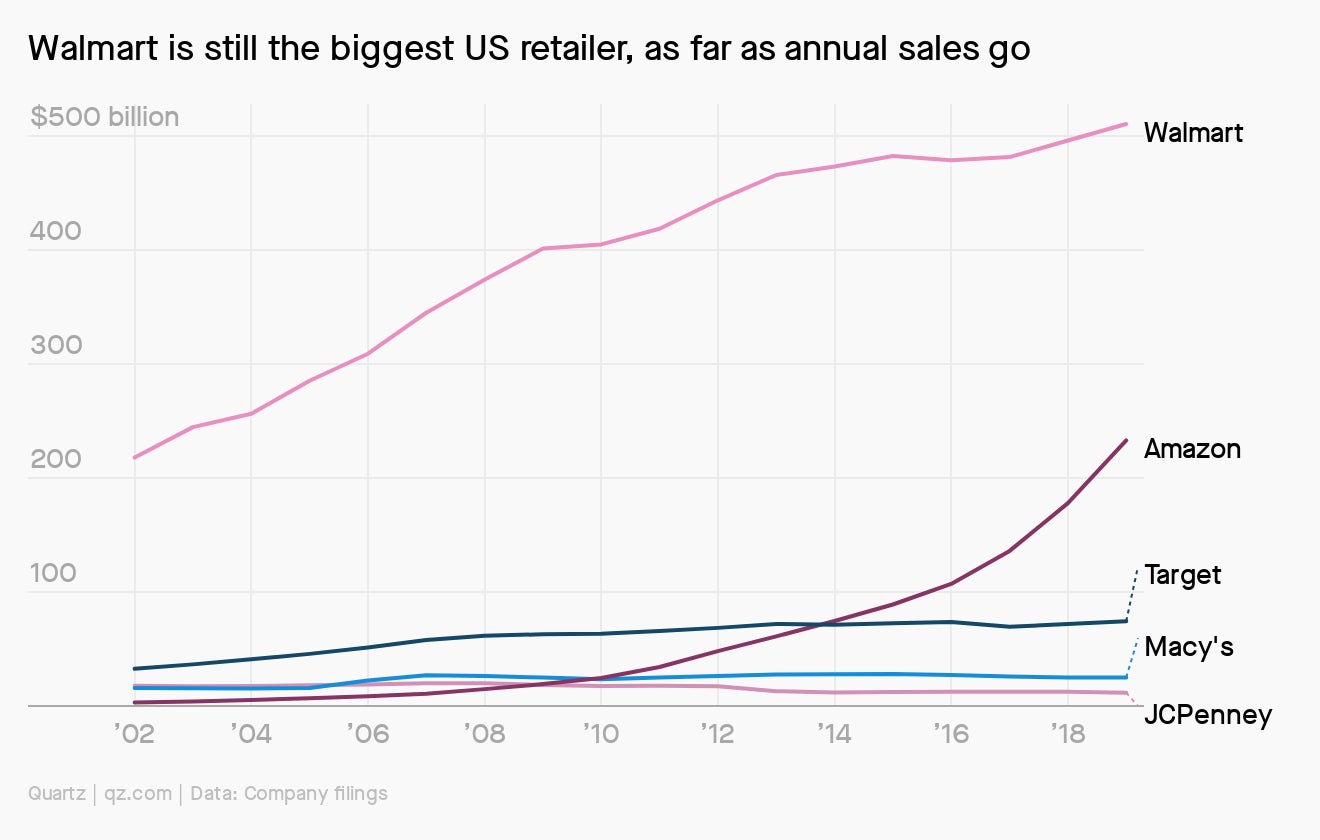Klarna the unicorn, future TV ads, flights to nowhere
Good morning, Quartz readers!

Good morning, Quartz readers!
Here’s what you need to know
Klarna reached a $10 billion valuation. A $650 million round of funding led by Silver Lake Partners meant the Swedish company, well known for its “buy now, pay later” model and ubiquity in online shopping, doubled its value and became one of the world’s biggest fintechs.
H&M, another Swedish giant, beat profit expectations. The global fashion retailer’s June-August quarter went surprisingly well, with a pre-tax profit of nearly $230 million. That’s around 60% lower than the same quarter last year, so although a recovery is under way, it’s nowhere near complete.
The UK’s unemployment rate rose for the first time since lockdown. The government initiated a furlough scheme at the start of the pandemic, paying a substantial portion of wages to keep staff on their companies’ books. But with that scheme controversially ending, unemployment is now expected to skyrocket, with younger workers bearing the brunt.
A Carlos Ghosn associate pleaded not guilty in a Tokyo court. Greg Kelly, a former Nissan executive who’s accused of helping his former boss with a scheme to avoid salary restrictions, said he “was not involved in a criminal conspiracy.” Ghosn, who ran the company for two decades, infamously fled to Lebanon last year.
YouTube is testing its TikTok rival in India. YouTube Shorts gives creators tools to make videos up to 15 seconds long. India has banned TikTok, leaving a potential opening. Meanwhile, Oracle’s deal with TikTok is undergoing a US government security review (paywall), while a version of the app for the Chinese market, Douyin, now has 600 million users.
Mapping Europe’s protected goods
The French care a lot about their champagne. But don’t let them hear you call any old sparkling wine by that name—the real champagne only comes from the Champagne region of France, where producers pioneered a unique technique in the late 1600s.
All this is to say that names and geography matter. Governments often seek to protect regionally identifiable products through geographical indications (GIs), which identify products from a specific place as possessing “qualities or a reputation” that stem from that location.
That’s why an agreement signed yesterday between the European Union and China to mutually recognize 200 GIs (pdf) is important, and half of the products on the EU’s list come from just two member states: France and Italy.

The TV ad of the future
The TV ad is at risk of irrelevance. Television is struggling to compete with streaming services and traditional TV advertising lacks the analytics of digital alternatives. But they still provide a way for advertisers to reach a mass audience. Here’s what the TV ad of the future might look like:
Future #1: More relevance
Imagine you and your next-door neighbor are watching the same show at the same time, but you see an ad from Apple, and your neighbor gets an ad for Samsung. Creepy, perhaps, but more effective—and coming soon.
Future #2: Fewer ads
In an effort to cram more brands in, 70% of US national TV ads are just 15 seconds. But lately, the trend is reversing. In 2018, NBCUniversal introduced “Prime Pods,” a 60-second advertising unit for NBC’s primetime shows.
Future #3: Less annoyance
NBCUniversal, Disney, and WarnerMedia are experimenting with a format called the “pause ad.” It’s simple: When you pause a video, a sponsored overlay appears on screen. Formats like this, along with product placement, will play a bigger role relative to commercial breaks.
Now it’s our turn for an ad: Read more about the future of advertising in our guide to the TV ad of the future. Not a member? Get full access to Quartz and all our field guides today.
Build a sustainable productivity routine

Struggling to get things done? You’re not alone. New challenges present new opportunities to rethink our time management strategies and put a more efficient routine into action—one built around the realities of working from home. Register to join us on Sept. 17 from 11 am-12 pm ET for our free workshop on how to build a sustainable productivity routine.
Obsession interlude: How we spend
A race to the top. For decades, Walmart was the 800-pound gorilla of US retail. The discount giant was envied by rivals, feared by small-town merchants, and blamed for the impoverishment of its workers and the destruction of Main Street.
In the last decade, however, Walmart has had to face a challenger: Amazon. Jeff Bezos’s e-commerce giant is now the go-to retailer for millions of Americans, as well as upper-middle-class America’s grocery store following its Whole Foods acquisition. Walmart, in turn, beefed up its e-commerce operations by buying (and closing) Jet.com on its way to developing a new subscription service, Walmart Plus.
As the two lock horns and face off for retail supremacy, the question for the next decade is: Can Walmart become Amazon before Amazon becomes Walmart?

You asked about see-through masks
When I am teaching children in my preschool class and we are all wearing our masks all day, can we hope that better mask technology is being developed that allows them to see our lips so they will learn proper letter sounds and diction?
We’ve been thinking and writing about the need for greater availability of see-through masks for a while now. Not only can most face masks lead to pedagogical obstacles like you describe, but they can exclude the deaf and hard of hearing community as well (ditto for Zoom meetings).
Safe’N’Clear offers surgical masks with a see-through window panel that shows the wearer’s mouth. However, its product is currently sold out. There are also YouTube videos to teach people how to create their own DIY masks with clear windows. For more information on see-through masks, check out accessiblemasks.org, an online resource for transparent face coverings developed by a former Quartz employee and his brother.
Surprising discoveries
Thousands of ducks protect rice crops in Thailand. They eat snails and reduce the need for pesticides.
Singapore Airlines might offer “flights to nowhere.” The domestic flights could last three hours, carbon emissions be damned.
Forget Martians, make way for Venusians. Astronomers say newly discovered toxic gas on Venus could have been made by microbial life forms.
Alexa goes to Bollywood. Amazon has recruited star Amitabh Bachchan to voice its digital assistant in India.
Taco Bell is making its own wine. Jalapeño Noir is designed to pair with its Toasted Cheesy Chalupa.
Our best wishes for a productive day. Please send any news, comments, useful ducks, and real French wine to [email protected]. Get the most out of Quartz by downloading our app on iOS or Android and becoming a member. Today’s Daily Brief was brought to you by Hasit Shah, Annabelle Timsit, Walter Frick, Oliver Staley, Liz Webber, and Max Lockie.